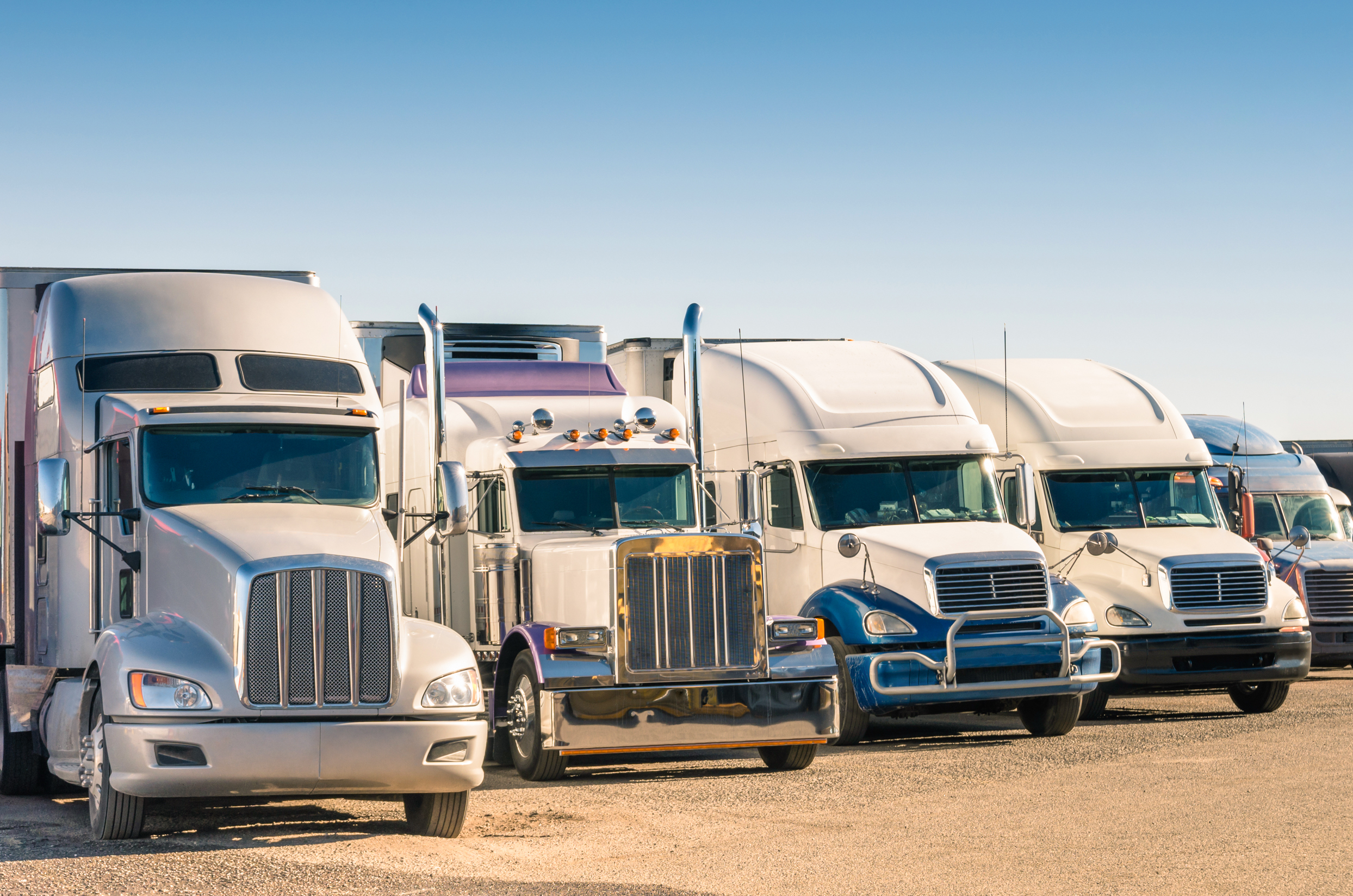The trucking industry plays a pivotal role in the global economy, transporting goods across vast distances efficiently and swiftly. However, due to the sheer size and weight of commercial trucks, accidents involving these vehicles can result in severe consequences, ranging from property damage to catastrophic injuries. When such accidents occur, determining liability becomes crucial to ensure justice is served and victims receive rightful compensation. In this blog, we will delve into the circumstances under which trucking companies can be held liable for accidents and the key factors that influence their responsibility.
Employer-Employee Relationship
One of the primary ways a trucking company can be held liable for an accident is through the employer-employee relationship. If the truck driver involved in the accident is an employee of the company, the principle of "respondeat superior" comes into play. Under this legal doctrine, employers are responsible for the actions of their employees carried out within the scope of their employment. If the truck driver was performing their job duties when the accident occurred, the company may be held accountable for the driver's negligence or reckless behavior.
Negligent Hiring and Training
Trucking companies have a duty to ensure that they hire qualified and competent drivers. If a company fails to conduct proper background checks, neglects to verify driving records, or overlooks a history of drug or alcohol abuse during the hiring process, they may be liable for negligent hiring. Similarly, if a company fails to provide adequate training to its drivers, which contributes to an accident, they can also be held accountable for negligent training.
Maintenance and Inspections
Truck maintenance is crucial for ensuring road safety. Trucking companies are responsible for regularly inspecting, repairing, and maintaining their vehicles. If an accident occurs due to a mechanical failure that could have been prevented through proper maintenance, the trucking company may face liability for their negligence in upholding the required standards.
Hours of Service Compliance
The Federal Motor Carrier Safety Administration (FMCSA) sets specific rules regarding the number of hours commercial truck drivers can operate continuously without taking rest breaks. These rules are meant to prevent driver fatigue, a significant cause of truck accidents. If a trucking company pressures or allows their drivers to violate these hours of service regulations, and an accident occurs as a result of driver fatigue, the company may be held liable for their non-compliance.
Improper Loading and Securing of Cargo
Properly loading and securing cargo is essential to maintaining truck stability and preventing accidents. If an accident occurs due to improperly loaded or secured cargo, leading to a rollover, jackknife, or cargo spill, the trucking company may be deemed liable for not ensuring proper loading practices.
Contractual Agreements and Vicarious Liability
In some cases, trucking companies may contract out their services to independent owner-operators or third-party carriers. While the truck driver may not be an employee of the company, the concept of vicarious liability may still apply. If the trucking company controls certain aspects of the driver's work or if their branding is prominently displayed on the truck, they could still be held liable for the actions of the contracted driver.
Determining trucking company liability in accidents can be complex, involving various legal and regulatory factors. Holding trucking companies accountable is essential to promote road safety, protect victims' rights, and ensure the industry maintains high standards of operation. If you've been involved in a truck accident, seeking legal advice from an experienced personal injury attorney, like MAS Law, is crucial to understand your rights and pursue rightful compensation.
Contact us today to learn more about how we can help you!


